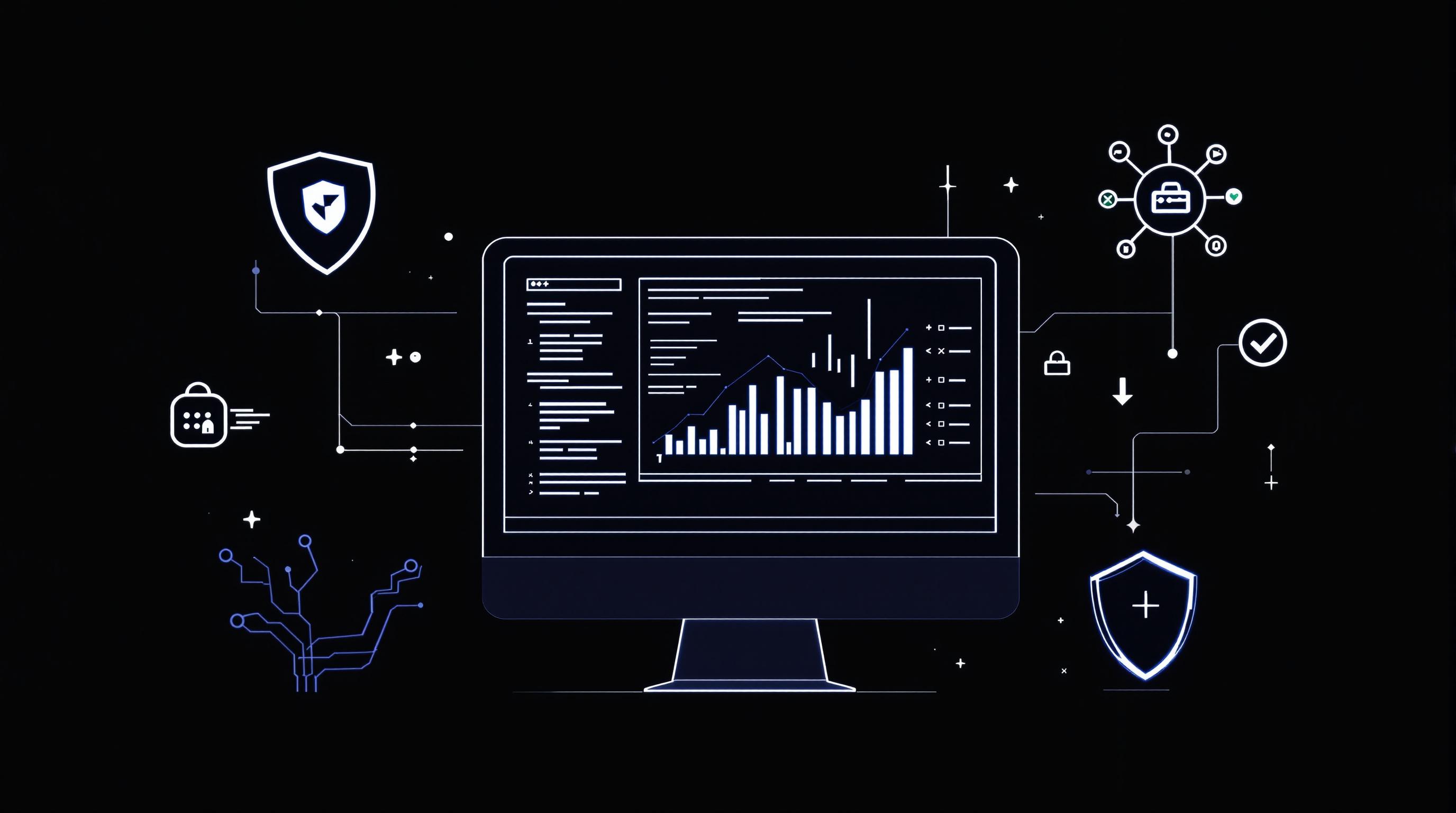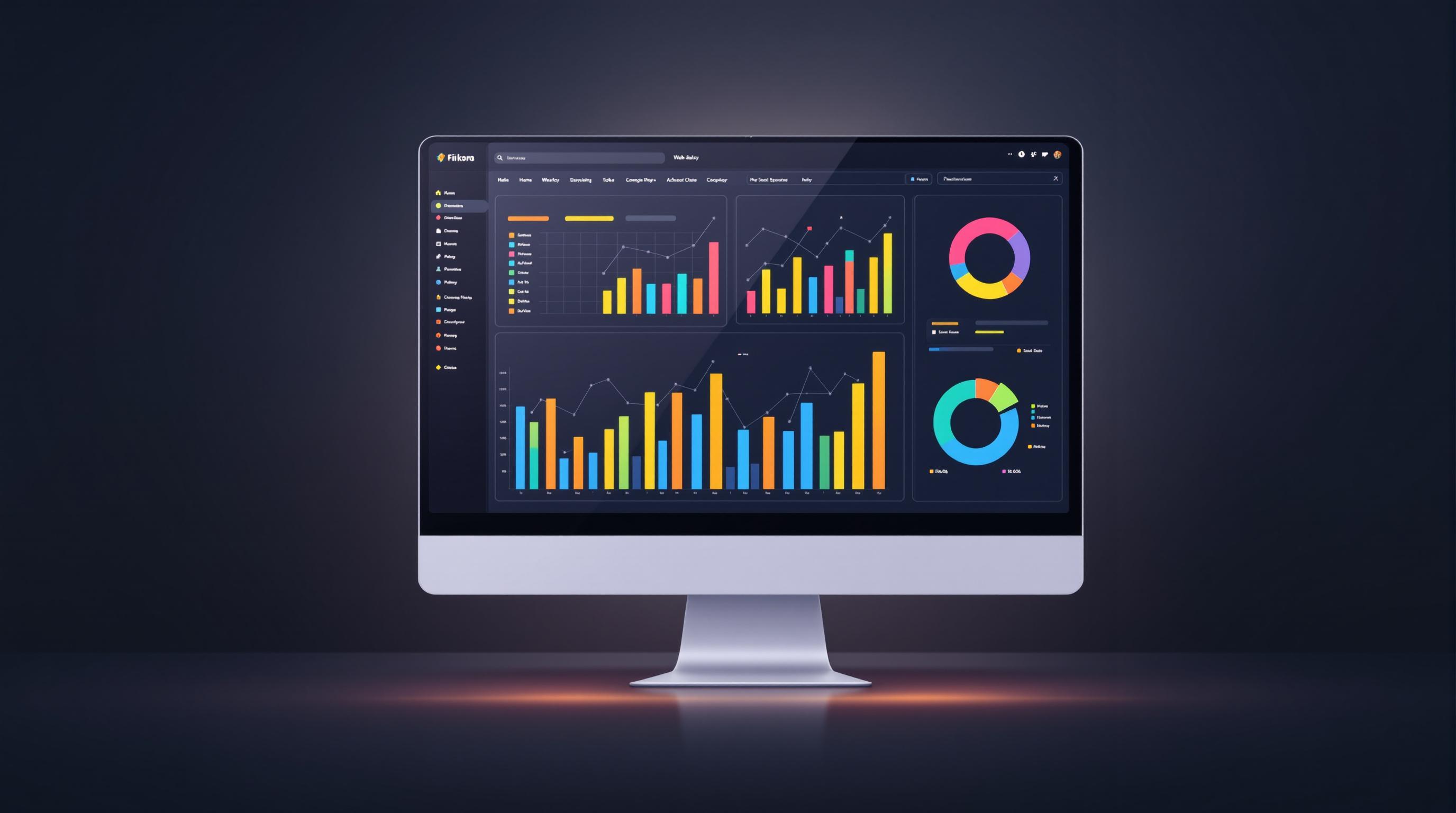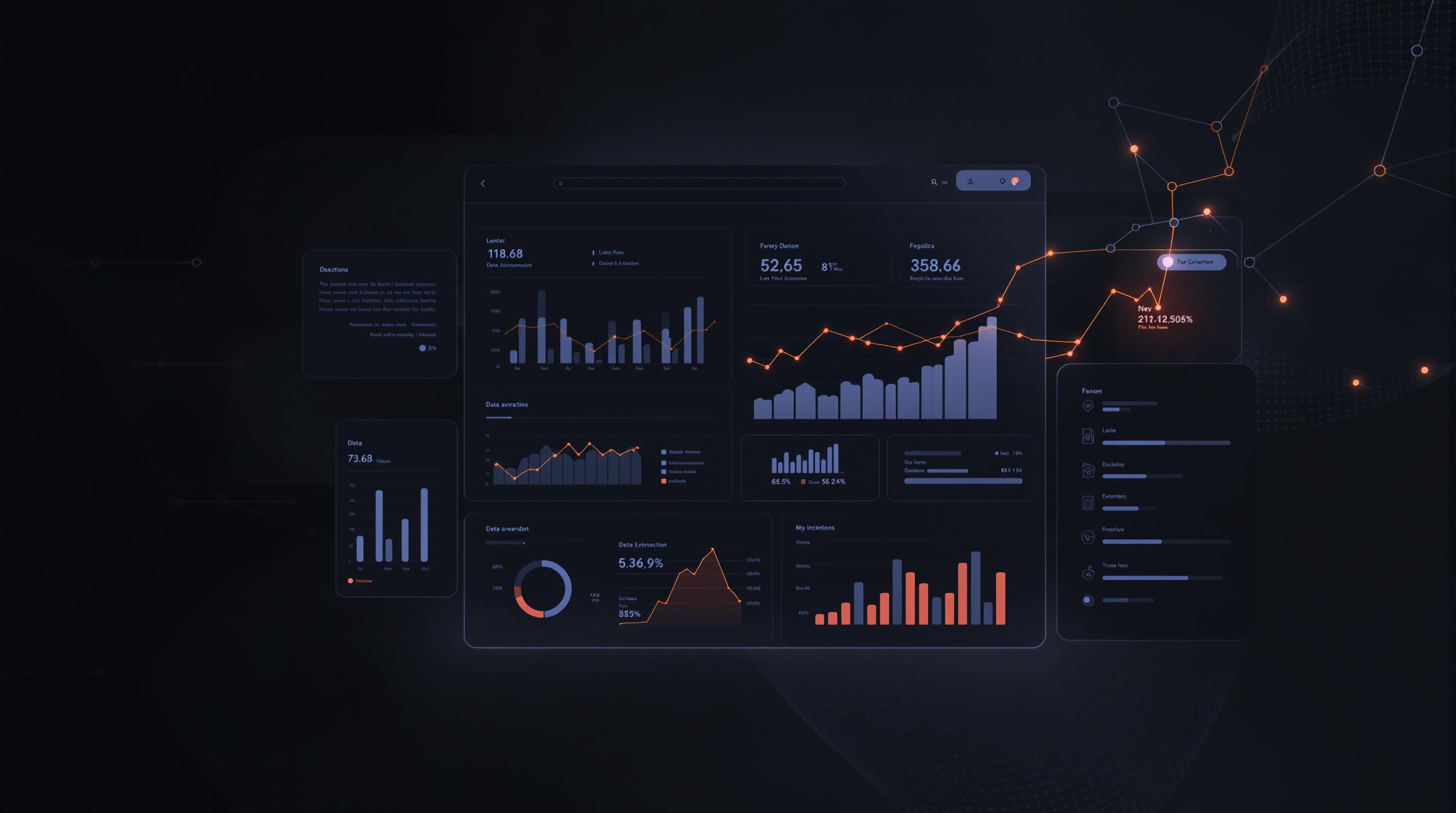Web scraping is legal, but only if done carefully. Missteps can lead to lawsuits, fines, or account bans. Here’s what you need to know:
- Copyright Laws: Avoid scraping copyrighted materials like images or videos without permission.
- Terms of Service (ToS): Breaking a website’s ToS can result in bans or legal action.
- Privacy Laws: Regulations like GDPR and CCPA restrict collecting personal data without consent.
- Robots.txt Compliance: Ignoring these files can lead to fines, as seen in 3taps vs Craigslist.
Quick Tips for Legal Scraping:
- Scrape only public data.
- Follow robots.txt guidelines.
- Avoid personal or sensitive data.
- Get explicit permission when necessary.
- Use tools that ensure compliance with privacy laws.
By sticking to these rules, you can collect data ethically and avoid legal trouble.
The Legal Aspect of Web Scraping
Legal Rules That Apply to Web Scraping
Web scraping involves navigating a complex legal landscape, including copyright laws, terms of service, and privacy regulations. Staying compliant is key to avoiding disputes and penalties.
Copyright and Intellectual Property Laws
Copyright laws protect website content like text, images, and design elements from unauthorized use. For instance, the Facebook v. Power Ventures case highlighted that scraping copyrighted material, such as graphics or videos, can lead to infringement claims.
To steer clear of copyright issues, scrapers should:
- Get explicit permission before collecting copyrighted materials.
- Focus on gathering factual data, as it typically isn't covered by copyright.
- Keep records of all permissions and licenses obtained.
Respecting copyright rules not only avoids legal troubles but also supports ethical data collection practices.
Website Terms of Service
Terms of Service (ToS) agreements are legally binding contracts between websites and their users. While the LinkedIn vs. HiQ Labs case determined that scraping public data doesn't violate anti-hacking laws, breaking ToS agreements can still have serious consequences, such as account bans, lawsuits, or IP blocks.
Following ToS agreements not only reduces legal risks but also builds trust with website owners.
Privacy Laws and Data Protection
Laws like GDPR and CCPA impose strict guidelines on web scraping, especially when personal data is involved. The UK Information Commissioner’s Office (ICO) has stressed the importance of transparency and safeguards when collecting data, especially for AI-related purposes.
Under GDPR, scrapers must:
- Justify why data is being collected.
- Minimize the use of personal data.
- Be transparent about data collection practices.
To stay compliant, businesses can implement measures like:
- Filtering out personal data during the collection process.
- Keeping detailed records of data use and processing activities.
- Regularly auditing collected data to ensure compliance.
By aligning with these privacy laws, companies can meet global standards for ethical data handling and avoid regulatory penalties.
Understanding these legal rules is just the beginning - putting them into practice is essential for ethical and compliant web scraping.
Best Practices for Ethical Web Scraping
Getting Permission to Scrape
Getting proper authorization not only reduces legal risks but also helps build trust with website owners. Even if you're scraping publicly available data, having explicit consent can prevent disputes and foster positive relationships. For instance, in the Bright Data vs. Meta case, scraping public data without authorization led to legal complications.
Here’s how you can secure permissions:
- Reach out directly to the website's legal team or administrator.
- Keep detailed records of permissions and agreements for future reference.
- Follow any conditions set by the website owner to ensure compliance.
Once you’ve obtained permission, make sure to respect technical guidelines like robots.txt files to maintain ethical practices.
Following Robots.txt and Reducing Server Load
Robots.txt files are a website’s way of setting boundaries for scrapers. Ignoring these guidelines can lead to serious consequences. In the 3taps vs. Craigslist case, violating robots.txt resulted in a $1 million fine. To avoid similar issues, always check and respect these files.
To minimize server load and maintain goodwill with website owners:
- Use rate limiting to control the frequency of requests.
- Space out requests to avoid overwhelming the server.
- Avoid scraping during peak traffic hours.
- Use caching where possible to reduce repeated requests.
Scraping Only Public Data
Sticking to public data ensures you steer clear of privacy violations and hefty penalties under regulations like GDPR, which can impose fines of up to €20 million or 4% of global revenue. The UK Information Commissioner's Office advises extra caution when handling personal information.
"The fundamental case law for application of fair use to scraping is the Authors Guild v. Google (Google Books case). In the Google Books case, the court found that making virtual copies of copyrighted content - whole books - was permitted under fair use." - Apify Blog
Best practices for scraping public data include:
- Scraping only publicly accessible information.
- Avoiding personal or sensitive data to stay compliant.
- Documenting your data sources for transparency.
- Keeping track of website policy updates to adjust your practices as needed.
Regularly auditing your scraping methods ensures you stay compliant with legal requirements and website policies. Using the right tools can also help you maintain ethical and lawful practices.
sbb-itb-f2fbbd7
Tips for Staying Legal and Ethical
Reviewing Website Rules
To avoid legal trouble, make it a habit to thoroughly read a website's terms of service. Pay close attention to sections about data collection, usage restrictions, API options, and intellectual property rights. Policies can change, so set up a routine schedule to review and stay aligned with any updates.
Using Tools That Ensure Compliance
Using AI-powered tools can simplify compliance when it comes to web scraping. Tools like InstantAPI.ai help by automatically steering clear of private content, minimizing legal risks.
When choosing a scraping tool, look for features like:
- Automatic robots.txt compliance
- Rate limiting to avoid overloading servers
- Detection of private or sensitive data
- IP rotation to prevent blocking
- Built-in consent mechanisms
While tools can handle much of the work, staying educated about changing regulations is key to keeping your methods lawful.
Keeping Up with Legal Changes
Beyond reviewing website policies and using compliant tools, staying updated on legal developments is crucial for maintaining ethical scraping practices. For example, the UK Information Commissioner's Office (ICO) frequently updates its guidance on data protection, especially regarding AI training data.
Summary and Final Advice
This section highlights key insights and practical tips for staying legally compliant when web scraping.
Main Points to Remember
It's crucial to follow copyright, privacy, and Terms of Service (ToS) rules to avoid legal trouble. The HiQ vs LinkedIn case clarified that scraping publicly available data doesn't break anti-hacking laws. However, this doesn't mean you have unrestricted rights to scrape.
Keep in mind that regulations like GDPR carry hefty penalties for privacy violations. The 3taps vs Craigslist case, which ended with a $1 million settlement, underscores the risks of unlawful scraping.
The legal environment around scraping is constantly changing, especially when it comes to intellectual property and data protection laws, so staying informed is essential.
Final Advice for Scraping Legally
To help you stay compliant, here are some practical strategies:
| Aspect | Practice | Legal Impact |
|---|---|---|
| Data Access | Scrape only publicly available data | Avoids ToS violations |
| Copyright | Transform content in meaningful ways | Aligns with fair use guidelines |
| Server Load | Use rate limiting and follow robots.txt | Reduces risk of CFAA violations |
| Privacy | Avoid collecting personal data | Ensures GDPR compliance |
Following these steps not only helps you stay within legal boundaries but also builds trust in your data operations. For example, courts, like in the Google Books case, have supported transformative use of scraped content, showing its legitimacy when done correctly.
When planning your scraping activities, balance short-term compliance with long-term legal and ethical considerations. Regularly consult legal experts and update your practices as laws evolve.
Focus on scraping public data, respecting copyright laws, and following privacy regulations to stay compliant while meeting your data collection needs.
FAQs
Here are answers to some common questions about the legal aspects of web scraping in 2024, considering recent legal updates.
Is it legal to scrape data from websites?
The legality of web scraping depends on the circumstances. For example, the HiQ vs LinkedIn case clarified that scraping publicly accessible data doesn't violate the Computer Fraud and Abuse Act (CFAA). However, other laws like the CFAA (unauthorized access), DMCA (copyright concerns), and GDPR (personal data regulations) can apply, each with serious consequences for violations.
Is web scraping legal in 2024?
Recent court decisions have shed light on the rules. For instance, the Facebook vs BrandTotal and Unimania case emphasized the importance of complying with Terms of Service agreements.
Additionally, the Information Commissioner's Office (ICO) has increased its focus on AI-related scraping, especially when privacy is at stake.
Key points to keep in mind:
- Follow website terms of service.
- Respect robots.txt directives.
- Limit scraping to publicly accessible data.
- Adhere to privacy laws.
- Avoid improper use of copyrighted material.
Legal frameworks can make certain scraping activities unlawful, particularly when they involve restricted or personal information. Understanding these details is essential to ensure your web scraping efforts are both effective and compliant.


